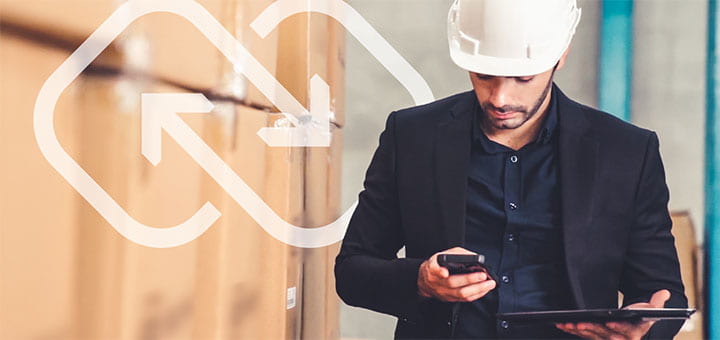Companies are merging supply chain management with sustainability initiatives to reduce waste and carbon emissions by embracing a circular economy. That is, transforming the make-use-dispose cycle into a new cycle of make-use-recover-reuse-reclaim.
Key to this transformation is keeping products, equipment and infrastructure in use for longer periods of time. Companies are also tackling different parts of the cycle, depending on the nature of their operations, as they create a sustainable loop.
Gaining momentum is the Anheuser-Busch InBev 100+ Accelerator, a global incubator program, working to accelerate the world’s shift toward sustainable solutions and to do business “the right way, not the easy way.”
Earlier this year, the Coca-Cola Company, Colgate-Palmolive Company and Unilever joined the Accelerator to further fund and pilot sustainable innovation in supply chains.
Tony Milikin, chief procurement, sustainability and circular ventures officer of AB InBev, had this to say about the three companies joining the Accelerator:
“Together, we are striving to supercharge adoption of sustainable solutions by funding and accelerating fantastic innovations that will change the world by making all of our businesses more sustainable. Sustainable business is smart business, and we are working to solve huge problems that no one company can handle alone.”
In addition to funding, the Accelerator provides hands-on support to startups, seeking innovative solutions to supply chain challenges. A few of their success stories include:
- Implementing green cleaning solutions to reduce water and energy use in brewing operations
- Collecting more than 1,000 tons of glass waste
- Piloting returnable packaging
- Upcycling grains from the brewing process to produce nutritious foods
- Harnessing solar thermal energy
Other name brand companies have shared strategies that contribute to a circular economy. IKEA has launched a program to buy back used furniture to refurbish and resell. Nike is starting to refurbish sneakers returned by customers to resell at a cheaper price.
Closer to home, Belmark, Inc. in De Pere is one of the top names in the U.S. for manufacturing premium-quality labels, flexible packaging and folding cartons. The company serves a wide variety of industries, including dairy, snack food, durable goods and pet food. Founded in 1977, Belmark has grown four times the industry average with nearly 1,000 employees working in six facilities across three different locations. The company is leading the industry with mindful solutions that advance the field of environmentally responsible packaging, including responsibly-sourced and post-consumer recycled content packaging and ready-to-recycle packaging.
Bruce Bell, founder of Belmark, is quoted as saying, “We make things happen at Belmark.”
For supply chain sustainability, let’s hope more companies also make things happen.
*
You can play a role in supply chain sustainability with a certificate program designed to provide a multidiscipline exposure to logistics, transportation, packaging, operations planning, inventory management and enterprise resource planning, among other functions. Learn how to develop supply chain solutions as you increase your knowledge of how to use supply chain networks to secure, produce and deliver products to a global marketplace. Now enrolling for ongoing dates.
*
RESOURCES:
Forbes. “The Circular Supply Chain: A Push for Sustainability.” Steve Banker. June 29, 2021.
Yahoo Finance. “AB InBev 100+ Accelerator Partners with the Coca-Cola Company, Colgate-Palmolive and Unilever for Sustainable Startup Innovation

